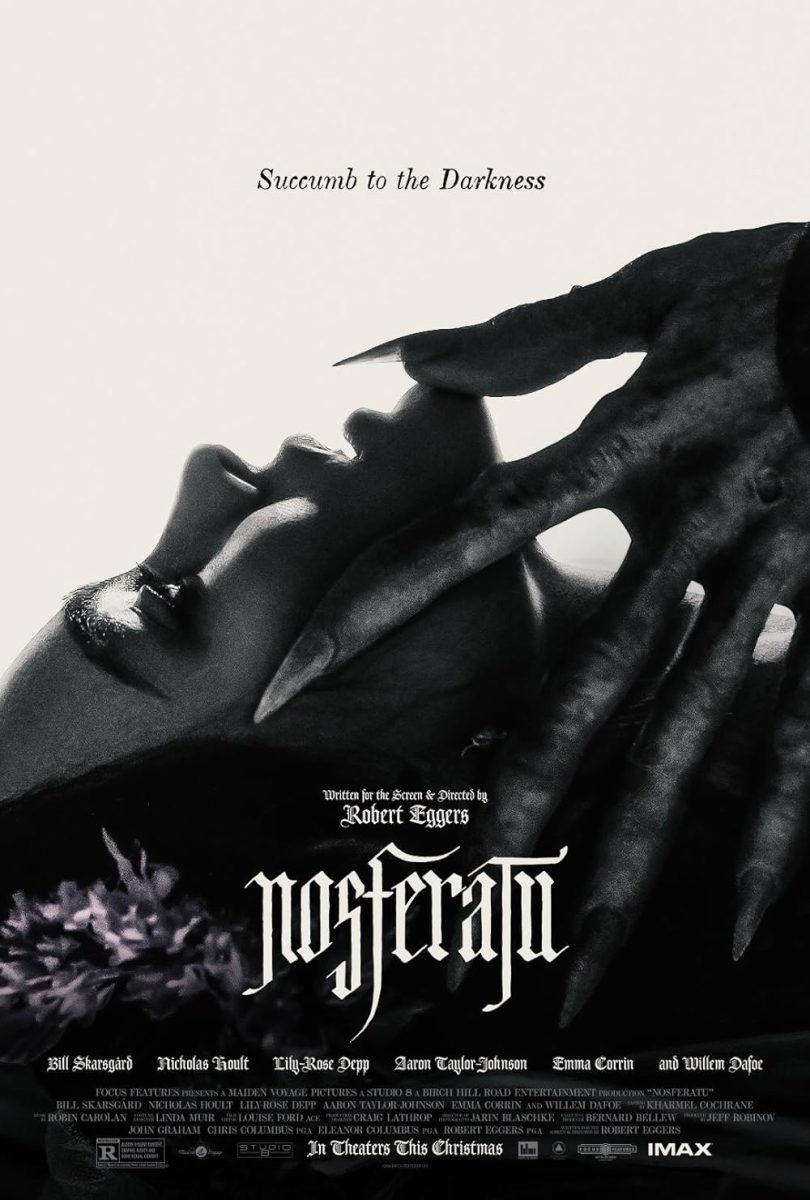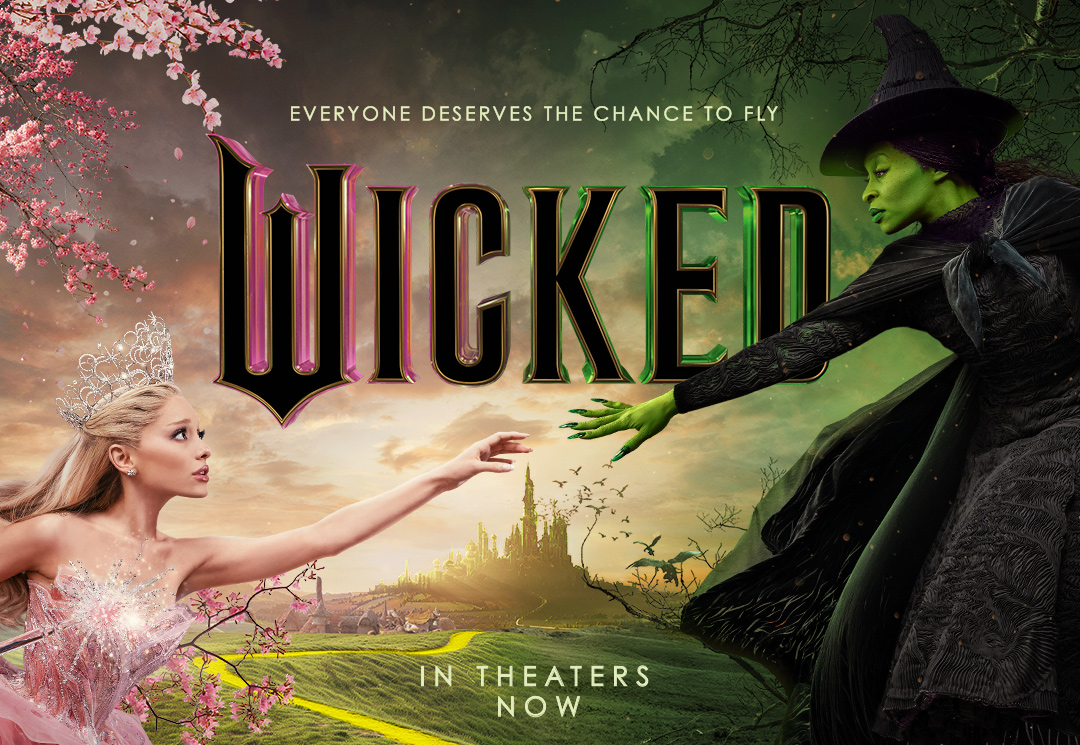In recent years, Disney has adapted family favorites into live-action films. While this was initially met with much anticipation, Disney has also faced backlash for this. Many are tired of Disney remaking their classic animated films. But this annoyance is more than just drama: it illustrates a larger problem with the exhausting cycle of Disney’s live-action remakes. But what exactly makes these remakes so exhausting?
One of the biggest problems audiences have with Disney remakes is the shallow way issues from the original film are addressed, like with their upcoming adaptation of “Snow White and the Seven Dwarfs” (1937). The original plot has caused controversy for years. Despite being the main character in the movie, Snow White lacks autonomy in her own story. To address this problem, Disney seems to have given Snow White much more independence in the upcoming remake. A prince will not rescue her but she will instead focus on becoming a leader herself.
While this seems like a good thing on the surface, Snow White’s story illustrates a larger problem with how Disney has presented women. Rather than addressing this issue head-on, Disney tries to fix it in the remake. Disney has already said that this remake will not include the prince, one of the critical parts of the story. However, this is an overcorrection: Snow White’s passivity is so deeply ingrained that it feels jarring for many. Many people have grown up with the original animated movie and consider Snow White a passive but kind princess, and this remake seems to alter this key trait completely. Rather than addressing the criticism they’ve received and attempting to make an original film, Disney instead tries to make a prior movie into something it can never be.
The upcoming remake is just one example. Disney has continuously done this with remakes to try and repair any controversies caused by the animated film. In “Beauty and the Beast” (2017), Emma Watson, who played Belle, refused to wear a corset because she believed wearing one would defy feminist principles. This was an attempt to present a new age of Disney, where unrealistic beauty standards are not perpetuated. While well-intentioned, solutions like this are minuscule in addressing more significant problems with animated films.
Attempts to update these films also cause controversy because Disney is quick to attack their original movies to present their remakes as a good and necessary thing. Zegler’s comments are just one example of this. Many find this disrespectful, as although there are problems with these movies, it cannot be disputed they are beloved childhood classics.
Aside from how Disney addresses social issues, many people also dislike the style of these live-action movies. The animated films are widely loved for their unique styles, as animation requires much time and effort. However, the type of these live-action remakes is heavily reliant on Computer Generated Imagery (CGI).
While CGI can certainly be visually appealing, it often appears much more artificial than practical effects. However, Disney still heavily utilizes it. The most glaring example of this is “The Little Mermaid” (2023). Since most of this movie takes place in the ocean, almost every part of the setting is CGI. This takes away from the charm of the original by making it feel very artificial. The fact that the movie is attempting to depict real life through computer imagery often makes viewers uncomfortable. “The Lion King” (2020) also experiences this problem: all its characters are CGI animals. The CGI makes it hard to properly convey the story’s emotional intensity, as the original animation allowed for more expressive characters.
Similarly, CGI often doesn’t age well if done incorrectly. “Beauty and the Beast” (2017) already looks dated due to the effects when it was only released six years ago. For example, the Beast is entirely CGI, making his facial expressions awkward. This starkly contrasts the original animated films, whose styles are still widely admired.
People are also tired of these Disney remakes because of Disney’s monopoly on movie theaters. To many movie theaters, certain Disney movies are precious. Suppose Disney wants a movie theater to play one of its movies in most theaters. In that case, they can threaten to take away other movies from that theater, severely damaging business. Because Disney owns Marvel, Star Wars and Pixar, just to name a few, movie theaters can’t risk losing Disney. This means that Disney movies are shown in nearly every cinema, often taking up many theaters within the cinema.
But this supply doesn’t fit the demand, and many people feel that Disney’s proliferation of movie theaters is incredibly tiring. Disney remakes already aren’t well-liked, and seeing them everywhere causes more frustration with the company. People are tired of always hearing about and seeing new remakes when they know they won’t compare to the original.
People are tired of Disney because they want to see new, original stories rather than watching a different version of a movie they’ve already seen. Disney has the resources to devote to this, but it is easier for them to recreate classic stories because they know there will be an audience for them, so they assume they will make money. This leads to many low-effort live-action remakes rather than the animated classics that Disney is known for.
While Disney once could rely on these movies to turn a profit, they have started losing money. “The Little Mermaid” (2023) barely broke even due to its exorbitant budget, “Mulan” (2020) lost millions of dollars, and it doesn’t seem like Snow White (2024) will be a success due to the extreme backlash it is receiving before it has even premiered. These losses could motivate Disney to try and fix the problems with their remakes or to focus more on their original movies.
People want to watch movies made to be good movies rather than for profit. Disney should consider this next time they attempt to remake one of their movies because this cycle is rapidly exhausting their audience and will have long-term consequences on how people perceive their company.















